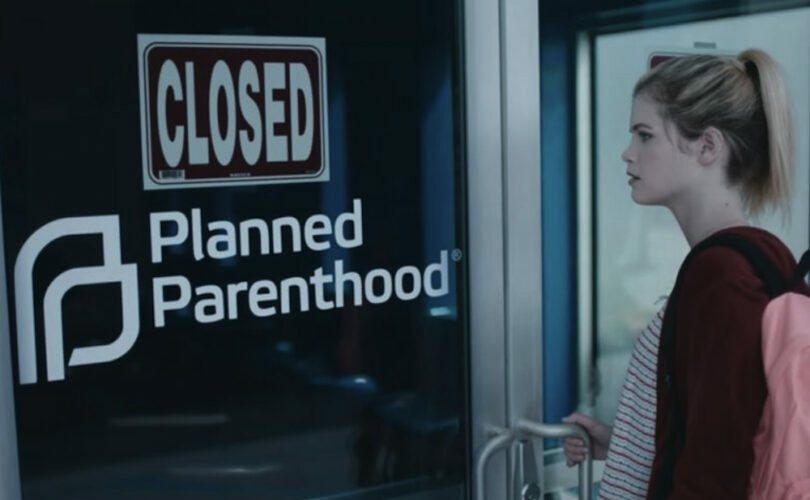WARMINSTER, Pennsylvania (LifeSiteNews) — Planned Parenthood announced this week the closure of a facility responsible for more than 800 abortions a year in Pennsylvania. But despite having shuttered almost half of their locations in the state since 2010, it appears to be compensating via expansion of abortion pill distribution and virtual appointments.
The Pennsylvania Family Council reports that the nation’s largest abortion chain is closing its Warminster center, a site that failed eight health inspections since 2017, racking up offenses such as failure to report perforating a uterus in a botched abortion, failure to obtain informed consent, failure to record patients’ weights while administering anesthetics, and more. Planned Parenthood claimed the “reality of the post-Dobbs landscape” necessitated the decision.
Warminster marks the 17th Keystone State Planned Parenthood location to shut down over the past 15 years, leaving 21 locations remaining statewide (meanwhile, it opened a new location in Bensalem in 2021).
But while the news is welcome to Pennsylvania babies and pro-lifers, it by no means indicates that the state’s abortion industry is on its last legs. In its closure announcement, Planned Parenthood Keystone revealed that it commits 70 percent of its abortions chemically rather than surgically, hailing “telemedicine” visits as a means of continuing the practice without the need for physical locations.
“According to their latest report, [Planned Parenthood Keystone] made over $19.4 million in revenue in 2022, including $1.78 million in taxpayer funding,” PA Family notes. “Both are the highest amounts on record in at least the past decade.”
As LifeSiteNews previously covered in January, the Pennsylvania Department of Health’s most recent annual report revealed that 34,838 abortions were reported in 2022, at a rate of more than 95 per day – the highest level in a decade.
At the same time, there were more 469 reported abortion complications, an almost 50% increase from 2021, three times the 143 reported five years before (2017), and seven times higher than the 67 reported 15 years earlier (2008).
READ: 39,000 UK women suffered DIY abortion complications over five years: report
Last August, Pennsylvania Democrat Gov. Josh Shapiro announced he was ending funding for a pregnancy support center that had contracted with the state to provide abortion alternatives for 30 years. Democrats have advocated making the state an abortion haven, and in January, the Pennsylvania Supreme Court ruled that excluding elective abortions from state Medicaid coverage qualifies as sex-based “discrimination.”
With states now permitted to directly ban abortion, and 14 currently doing so, easy access to and interstate distribution of abortion pills is one of the abortion lobby’s most potent tools for perpetuating abortion-on-demand post-Roe v. Wade, which they are aggressively pursuing regardless of the risks to the women they claim to serve. The U.S. Supreme Court is currently considering whether to roll back Biden administration rule changes that abortion pills no longer have to be dispensed in-person and can instead be sent out through the mail.
READ: Radical Democratic Pennsylvania governor ends funding to pro-life pregnancy support services

